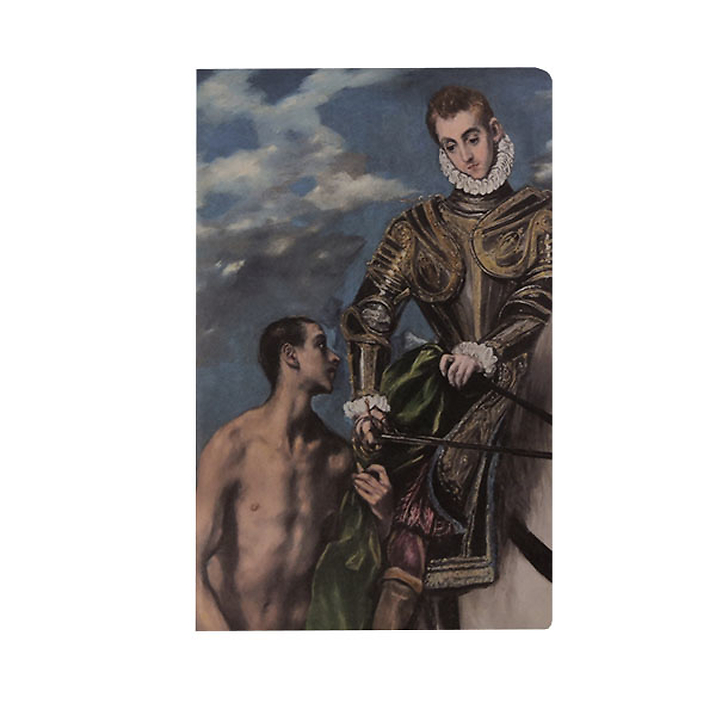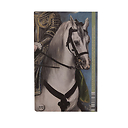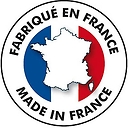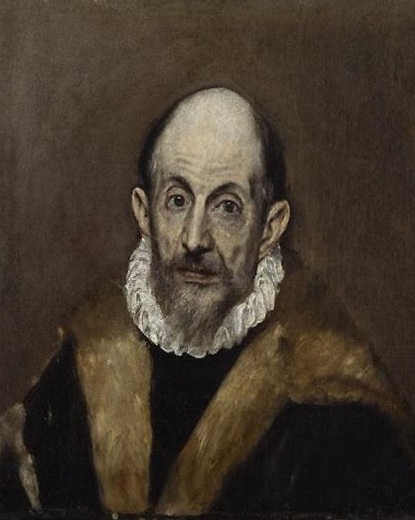Characteristics
- Dimensions
- 10 x 16 cm
- Museum
- Grand Palais
- Themes
- Religions, Made in France
- Maintenance
- Store in a dry place
- Artist
- Domínikos Theotokópoulos, called El Greco (1541-1614)
- Art movements
- Renaissance, Mannerism
- Reference
- IP161148
- EAN
- 3336729118106
- Matière de l'article
- Paper, cardboard
- Conservation museum
- Washington - National Gallery of Art




